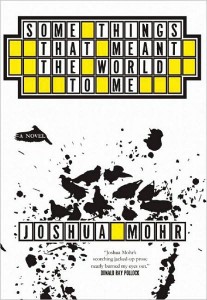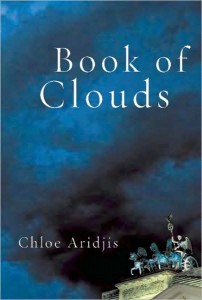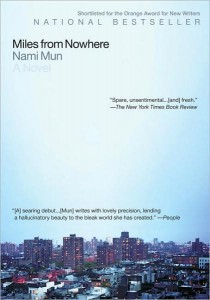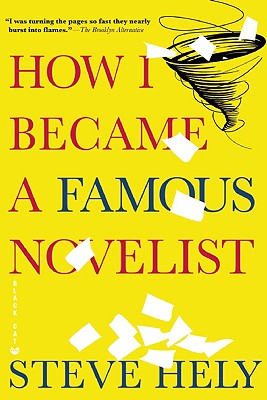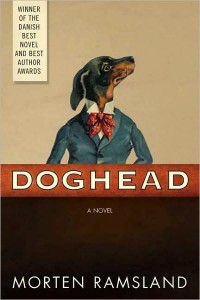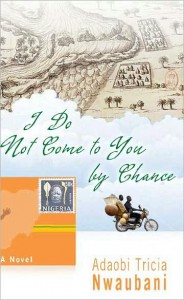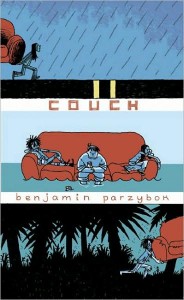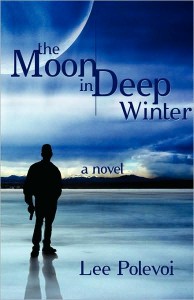Some Things That Meant the World to Me, by Joshua Mohr
by Tyler McMahon
If you’re one of those anachronistic thirty-somethings who still quaintly reads books—let alone, a nineteenth- and twentieth-century form like the novel—then you may know the rare and exquisite pleasure of stumbling across one that seems to be written by, for, and about your contemporaries. I had that experience recently with Josh Mohr’s debut novel. Some Things That Meant the World to Me (Two Dollar Radio, June 2009) is the unsettling story of a thirty-year-old San Francisco man named Rhonda, who suffers from depersonalization disorder after a childhood of abandonment and abuse. In between cue-stick beatings, Rorschach tattoos, and botched batches of home-brew wine, he discovers a portal to his past in the dumpster behind a local taquería.

